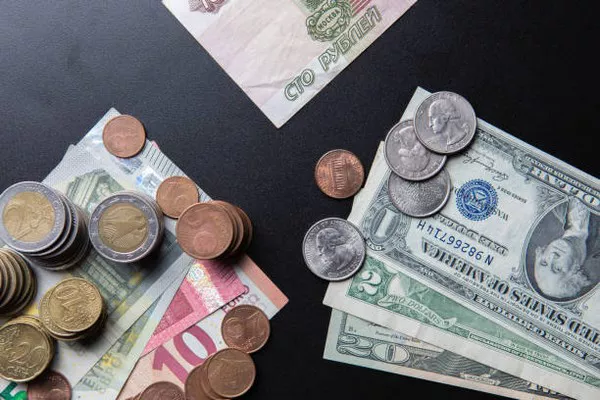Japanese Prime Minister Fumio Kishida affirmed on Friday that authorities are prepared to utilize “all available means” to address the recent decline in the yen, emphasizing Tokyo’s readiness to intervene in the market to stabilize the currency.
In a group interview, Kishida emphasized the importance of currency rates reflecting fundamentals and expressed concern over excessive volatility, echoing earlier statements made by Finance Minister Shunichi Suzuki.
The remarks from Japanese policymakers underscore the government’s alarm over the yen’s recent depreciation, which, while boosting exports, poses challenges for households and retailers by increasing the cost of imports.
The yen strengthened to a two-week high of 150.81 against the dollar on Friday, bouncing back from a 34-year low of 151.975 reached last week. The repeated warnings by authorities have kept investors vigilant against the possibility of yen-buying intervention.
Despite the Bank of Japan’s recent policy shift ending eight years of negative interest rates, the yen reached a 34-year low last week. Markets interpreted the central bank’s dovish guidance as a signal that further rate hikes are not imminent.
Following the yen’s recent low, Suzuki warned that authorities were prepared to take “decisive steps” against speculative yen movements, indicating a potential intervention.
While Suzuki has refrained from using such strong language since then, he continues to caution that authorities will consider all options to address excessive yen declines.
Market participants are also monitoring remarks from Bank of Japan Governor Kazuo Ueda regarding the timing of the next interest rate hike. In an interview with the Asahi newspaper, Ueda suggested that inflation could accelerate in the coming months due to bumper pay hikes, hinting at the possibility of another rate increase later this year.
Ueda emphasized that the Bank of Japan could respond with monetary policy if yen declines significantly affect inflation and wages, highlighting the role of exchange-rate movements in shaping economic conditions.
The expectation that the interest rate differential between the United States and Japan will remain wide has contributed to continued selling pressure on the yen.


